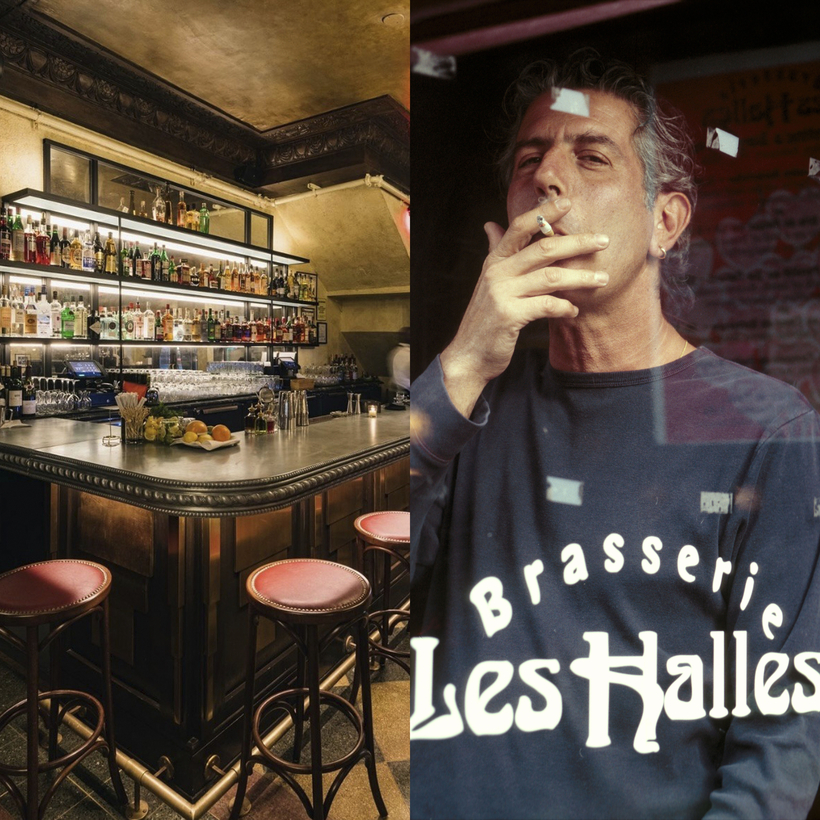“Restaurants have become the casseroles of civilization,” declares Francis Staub, the dapper Alsatian from Colmar. “In a great city like New York, they’re where everything happens now, especially since New Yorkers dine out so much and are so food mad.”
Staub should know, since he’s the founder of the eponymous line of cast-iron cookware that many of the world’s great chefs consider to be the ne plus ultra of their batterie de cuisine. The Staub cocotte is his signature. His innovation was to line the lids of his casseroles with short, evenly spaced nipples, which causes the cooking steam trapped inside to condense and evenly baste the food. This process tenderizes and deepens flavor.


